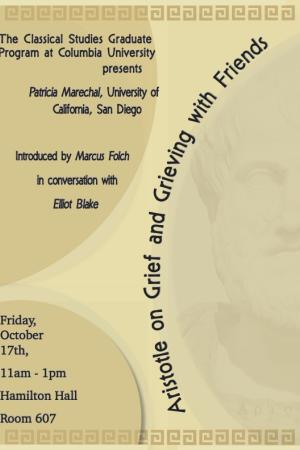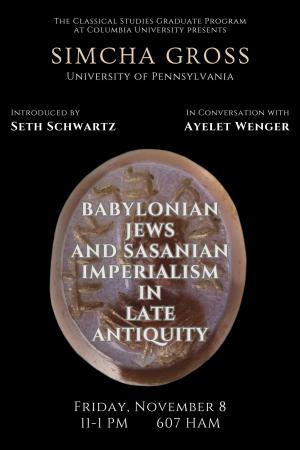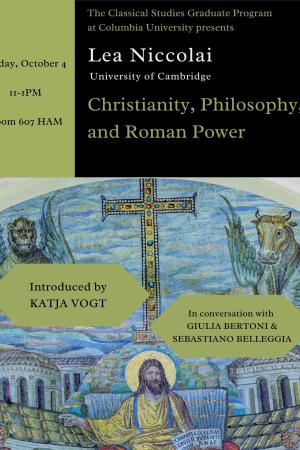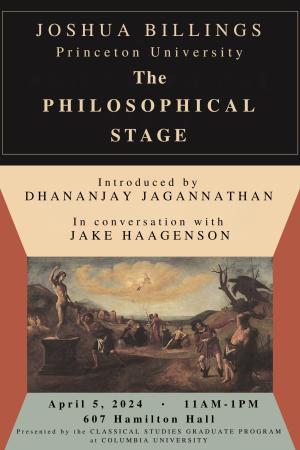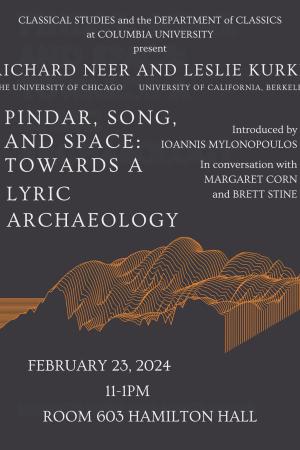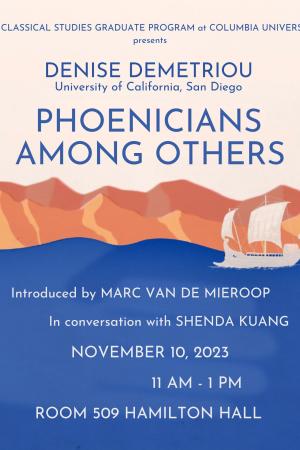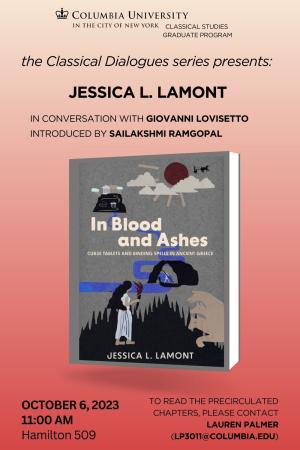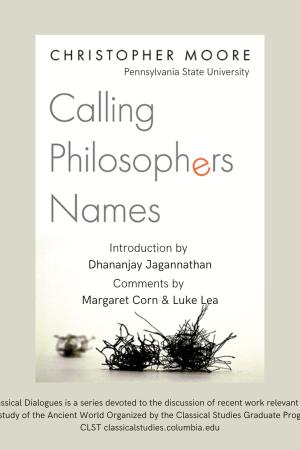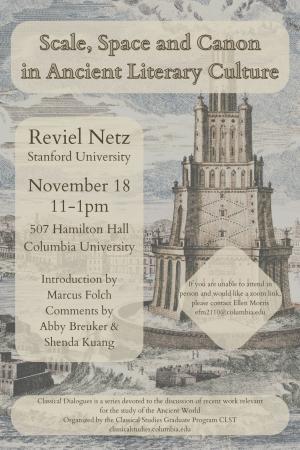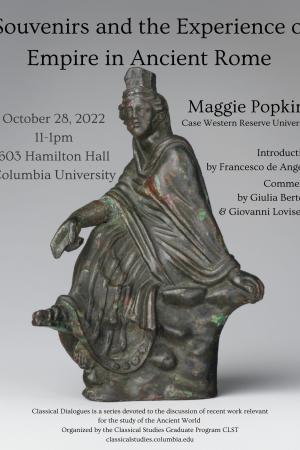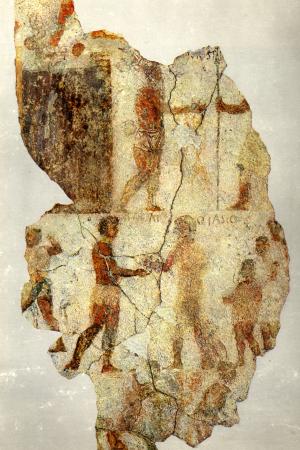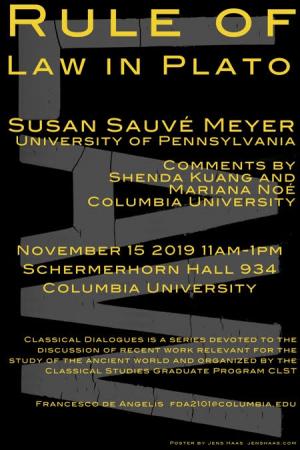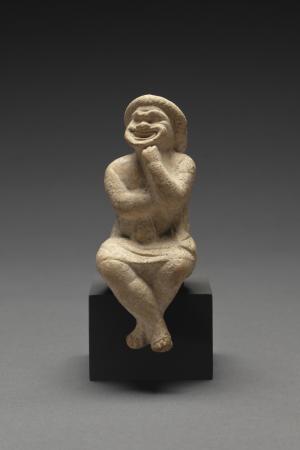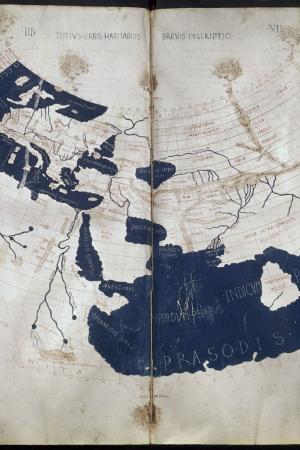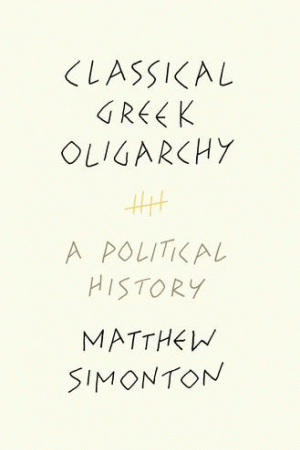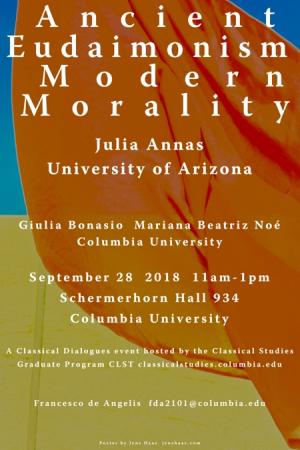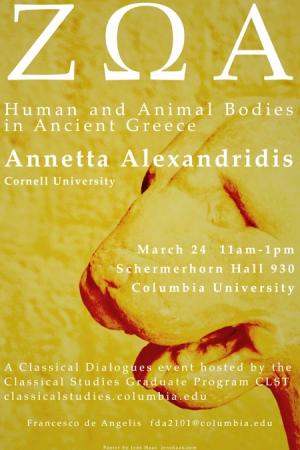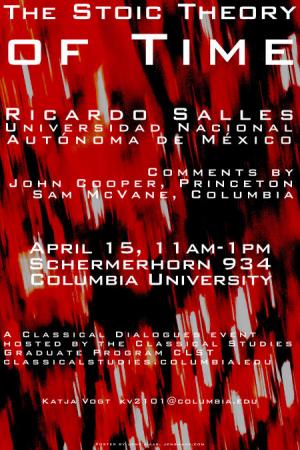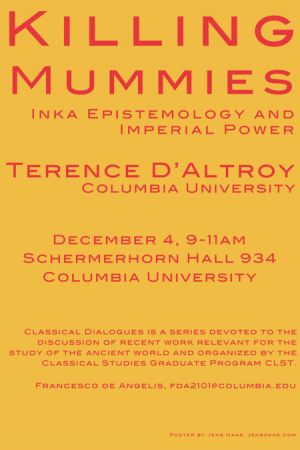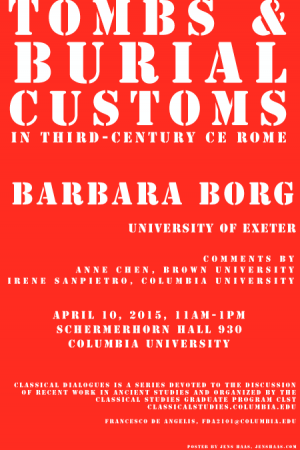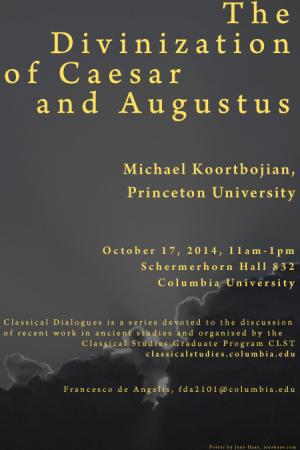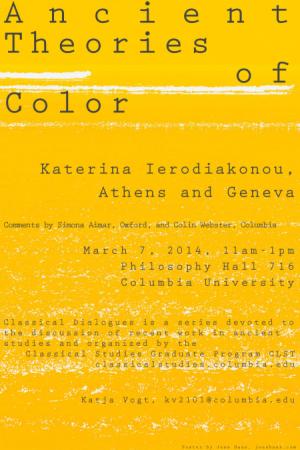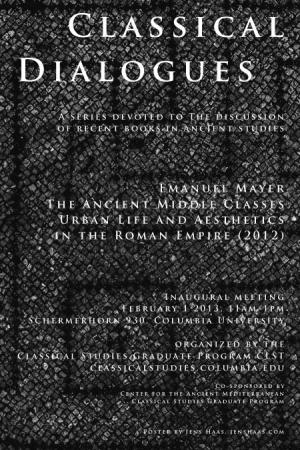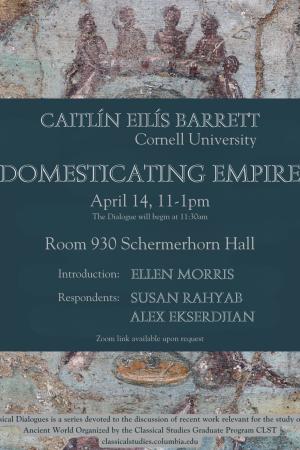- Domesticating EmpireCaitlín Eilís Barrett Cornell UniversityApril 14, 2023 - April 14, 2023
11:00am - 1:00pm -
Columbia University
As part of its Classical Dialogues series, the Classical Studies Graduate Program CLST at Columbia University is pleased to welcome Caitlín Eilís Barrett, Associate Professor of Classics at Cornell University. On April 14, 11am-1pm, Caitlín Eilís Barrett will discuss her book Domesticating Empire: Egyptian Landscapes in Pompeian Gardens (Oxford UP, 2019), which contextualizes Egyptian or Egyptian-style material culture from Roman domestic settings, specifically "Aegyptiaca" from Roman households.
Domesticating Empire is the first contextually-oriented monograph on Egyptian imagery in Roman households. Caitlín Barrett draws on case studies from Flavian Pompeii to investigate the close association between representations of Egypt and a particular type of Roman household space: the domestic garden. Through paintings and mosaics portraying the Nile, canals that turned the garden itself into a miniature "Nilescape," and statuary depicting Egyptian themes, many gardens in Pompeii offered ancient visitors evocations of a Roman vision of Egypt. Simultaneously faraway and familiar, these imagined landscapes made the unfathomable breadth of empire compatible with the familiarity of home. In contrast to older interpretations that connect Roman "Aegyptiaca" to the worship of Egyptian gods or the problematic concept of "Egyptomania," a contextual analysis of these garden assemblages suggests new possibilities for meaning. In Pompeian houses, Egyptian and Egyptian-looking objects and images interacted with their settings to construct complex entanglements of "foreign" and "familiar," "self" and "other." Representations of Egyptian landscapes in domestic gardens enabled individuals to present themselves as sophisticated citizens of empire. Yet at the same time, household material culture also exerted an agency of its own: domesticizing, familiarizing, and "Romanizing" once-foreign images and objects. That which was once imagined as alien and potentially dangerous was now part of the domus itself, increasingly incorporated into cultural constructions of what it meant to be "Roman." Featuring brilliant illustrations in both color and black and white, Domesticating Empire reveals the importance of material culture in transforming household space into a microcosm of empire.
In its Classical Dialogues series, the interdepartmental Classical Studies Graduate Program CLST at Columbia University invites authors of recent work in ancient studies that is exemplary for the kind of study that CLST aims to foster. All faculty and students at Columbia and beyond are cordially invited. CLST students are required to read carefully at least one chapter or article in advance and prepare questions and comments for discussion.
